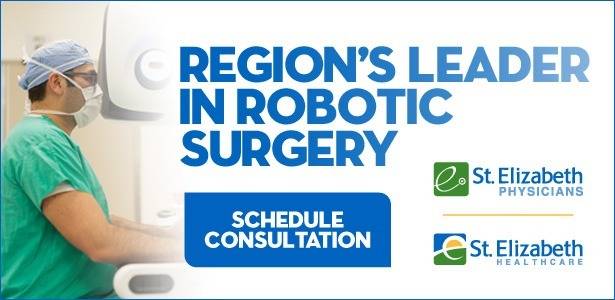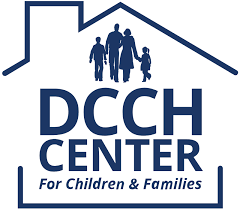By Sarah Ladd
Kentucky Lantern
Maternal health is complicated, and reducing mortality around birth takes a comprehensive approach, advocates from across Kentucky said at a roundtable moderated by Carole Johnson, the administrator of the Health Resources and Services Administration for the Biden administration.
During the roundtable, which took place last week in Louisville, Johnson said Kentucky is now eligible for more than $8 million in federal funding through the Maternal, Infant, and Early Childhood Home Visiting program. Kentucky’s version of this is called HANDS (Health Access Nurturing Development Services), which is a voluntary service that offers parenting guidance to new or expecting parents.

“We are thrilled to be here,” Johnson said to a room full of parents, medical providers, and other maternal health advocates. “We’re thrilled to put these resources on the table but we know that what it takes to actually execute on them is all the work that happens by all of you around this room.”
She also praised Rep. Kim Moser, R-Taylor Mill, who spearheaded Kentucky’s move to pass a maternal health “Momnibus” bill during the 2024 legislative session and was present at the event.
Momnibus, which made pregnancy a qualifying event for insurance coverage in Kentucky, among other things, was “a big bill. It was a big lift,” said Moser, who chairs the House Health Services Committee. “I’m excited to see how it gets implemented.”
What is working for maternal health in Kentucky?
Kentucky has dismal maternal mortality rates, which is worse for women of color than white women.
The 2023 March of Dimes report showed the state once again had high maternal mortality, which was worse for Black Kentuckians. The state has a maternal mortality rate of 38.4 deaths per 100,000 live births, higher than the national rate of 23.5 deaths per 100,000 live births.
A 2023 state report on maternal mortality also showed substance use disorder contributed to nearly 60% of all maternal deaths. Most maternal deaths in Kentucky — 88% — are preventable, that report from the Cabinet for Health and Family Services said.
Advocates around the table said improving maternal health has to involve a comprehensive approach that looks at physical and mental health as well as social determinants of health, like reliable transportation, safe housing and clean water, among other things. Several shared the work they’re doing to meet those needs.
Bethany Wilson, who is in long term recovery and now works at the University of Kentucky to treat substance use disorder during and after pregnancy, said shame, lack of transportation and lack of education were all barriers she faced when pregnant.
“While in addiction, I was, of course, unengaged in the healthcare system altogether, despite having serious medical conditions,” she said. “But when I learned about my pregnancy, so many emotions came — just embarrassment, fear, guilt, sadness.”
Now she shares her story and information about resources with UK patients to promote harm reduction and health education.
“Word of mouth is a huge piece,” she said. “The word-of-mouth patients that have engaged in our program will tell other people in their community through them knowing that it’s a safe place to come.”
Capric Walker, who heads the University of Louisville’s 550 Clinic to provide care for HIV-positive people in seven counties, including Jefferson, said she focuses heavily on educating patients that HIV is “no longer a death sentence.”
HIV can pass to a fetus during pregnancy and birth, though treatment can lower the chances of that happening, according to the American College of Obstetricians and Gynecologists.
“We do a lot of education for them to help them understand what their full options are because mental health and depression and substance use are real concerns for many of them,” Walker said. “Our populations really have high instances of depression because of the history and the stigma around this diagnosis.”
Her program’s retention among patients after delivery is around 90%, she said.
Where are the gaps?
Kentucky needs more resources for first-time fathers, said Lance Newman, who works with Black Birth Justice in Louisville to offer just such support in a program he’s still developing.
“We talk about maternal health, and we don’t really speak about how important the father is,” he said. “Fathers need job placement help, they need that workforce help. They need that substance abuse help. They need a lot of advocacy.”
The National Institute for Children’s Health Quality backs that up, saying fathers’ positive involvement throughout pregnancy and beyond can have a positive health impact on mother and baby.
Josh Hawkins, a Louisville father, said he needed mental health and job resources when his daughter was born and believes other fathers need support too.
“We can … certainly help with maternal and infant mortality rates and alleviate some of that as well,” he said. “We want to be involved, too. We really do.”

















